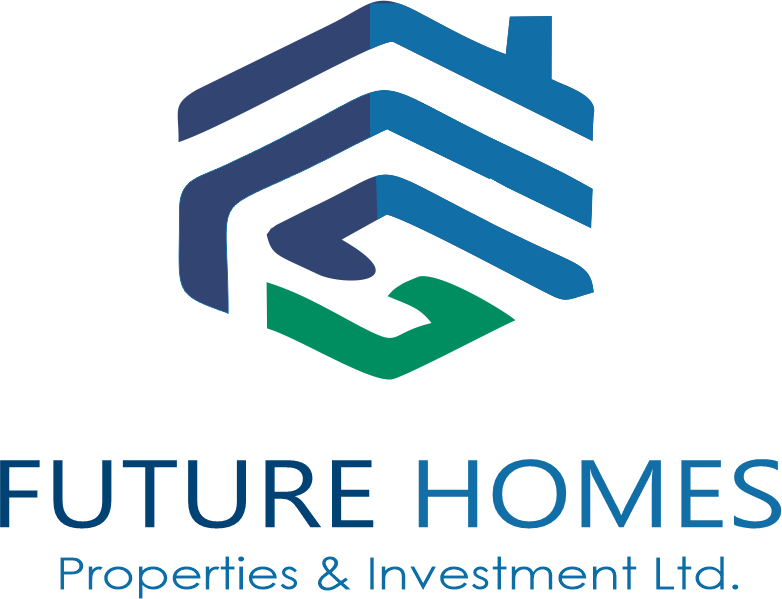Real Estate Market Trends in Nigeria
Real Estate Market Trends in Nigeria: The real estate market has experienced rapid growth in recent years and is anticipated to do so going forward. Numerous factors, such as population growth, urbanization, and economic expansion, are responsible for the growth. Due to its consistent growth, expanded investment opportunities, and advancements in technology and infrastructure, the Nigerian real estate market has been in the news. The real estate market trends in Nigeria will be examined in greater detail in this article, along with the current and emerging trends that are reshaping the sector. We will highlight the opportunities, challenges, and potential for growth in this fascinating and dynamic market with a focus on facts and figures.
1. Increasing Demand For Affordable Housing:
Real Estate Market Trends in Nigeria: One significant trend in Nigeria’s real estate market is the rise in demand for affordable housing. More and more people are looking for affordable housing options as a result of the nation’s expanding population and urbanization.
Recent statistics indicate that there is a 17 million unit housing shortage in Nigeria, where the majority of the population cannot afford housing at market rates.
The public and private sectors have been funding initiatives and programs for affordable housing to close this gap.

For instance, the Affordable Housing Scheme, which aims to give low-income earners access to mortgage financing for the purchase or construction of homes, was introduced by the Nigerian Mortgage Refinance Company (NMRC). By 2028, the program hopes to build 100,000 affordable homes in Nigeria.
Moreover, low-cost housing projects and communities have become more prevalent, particularly in Lagos, Abuja, and other major cities. In order to meet the needs of the low- and middle-income populations, these developments include fundamental amenities and contemporary designs.
Overall, the rise in demand for affordable housing is a glaring indication of the Nigerian real estate market’s importance as well as its potential for growth and investment.
2. Rise In Property Prices:
The increase in property prices is one of the current real estate market trends in Nigeria. In recent years, the price of purchasing and maintaining real estate in Nigeria has significantly increased, especially in major cities like Lagos, Abuja, and Port Harcourt.
Data from real estate experts show that over the past ten years, property prices in Nigeria have increased by an average of 10% to 20% annually. This increase is primarily the result of rising urban housing demand, rising construction costs, and inflation.
The high cost of real estate in Nigeria also has an impact on the low and middle income groups in the nation, making it challenging for many people to own a home.

Through programs like the Affordable Housing Scheme launched by the Nigerian Mortgage Refinance Company (NMRC), which aims to give low-income earners access to affordable mortgage financing, the government and private sector are working to address this issue.
Due to its high growth potential and rising demand for properties, Nigeria’s real estate market continues to be appealing to investors despite the difficulties presented by rising property prices.
In the upcoming years, it is anticipated that the price of real estate will continue to rise, creating opportunities for development and investment in Nigeria’s real estate market.
3. Increase In Foreign Investment
Real Estate Market Trends in Nigeria: The rise in foreign investment is another trend in Nigeria’s real estate market. International investors have shown an increasing amount of interest in Nigeria’s real estate market in recent years, particularly in the areas of property development, rental properties, and real estate investment trusts (REITs).
The Central Bank of Nigeria (CBN) reports that over the past five years, foreign direct investment in Nigeria’s real estate sector has increased by more than 20%, and is expected to reach a total of $3.7 billion in 2020.
Numerous factors, such as the rising demand for homes in urban areas, a thriving economy, and the expansion of financing options for real estate projects, can be credited for this rise.

The increase in new property construction, renovation of existing properties, and job opportunities are all results of the influx of foreign investment into the Nigerian real estate market.
By generating new sources of income and fostering the development of other industries, it has also contributed to the economy’s growth. This is one Real Estate Market Trends in Nigeria
Overall, the rise in foreign investment is encouraging for Nigeria’s real estate market and is anticipated to continue in the years ahead as more foreigners look for opportunities there.
Nigeria has the potential to draw even more investment and establish itself as a major player in the continent’s real estate market with the right policies and initiatives.
4. Growth Of The Mortgage Market
A significant trend in the real estate market in recent years has been the expansion of the mortgage market in Nigeria.
The value of mortgage loans in Nigeria increased by 43.8% from NGN 343.7 billion ($928.5 million) in 2016 to NGN 494.2 billion ($1.3 billion) in 2019, according to data from the Central Bank of Nigeria. This expansion reflects both a rise in the demand for homeownership and an expansion of mortgage financing options.

The expansion of the mortgage market is also encouraging for Nigeria’s economy as a whole because it gives people access to affordable housing and promotes economic growth by increasing investment in the real estate industry.
5. Growing Interest In Real Estate Technology
Real Estate Market Trends in Nigeria: One of the most recent trends in the Nigerian real estate market is the growing interest in real estate technology.
Property buyers and sellers can now access more information and make more informed decisions thanks to technological advancements. As a result, there are now more mobile and online platforms that provide real estate services.

Over 50% of real estate transactions in Nigeria now take place online, according to a recent survey, and this trend is anticipated to continue expanding over the next few years.
Consumers can now find properties that suit their needs, compare prices, and complete transactions more easily thanks to technology, which has increased the efficiency and transparency of the real estate market.
Additionally, the use of real estate technology is assisting in lowering transaction costs and enhancing consumer access to credit. As a result of the growing adoption of technology, the real estate industry is poised for continued growth and innovation.
In general, the real estate market in Nigeria is changing and being driven by the rising interest in real estate technology.
See property page Waterfront plot in Orange Island Estate
6. Increase In Real Estate Crowdfunding
Real Estate Market Trends in Nigeria: Crowdfunding for real estate has grown significantly in Nigeria in recent years. The prevalence of digital platforms that make it simpler for people to invest in real estate projects has fueled this trend.
The number of Nigerians with access to online real estate investment platforms has significantly increased as e-commerce and mobile device adoption have grown in the country.
As a result, there has been an increase in real estate crowdfunding activities nationwide, which has helped the real estate market as a whole to expand.
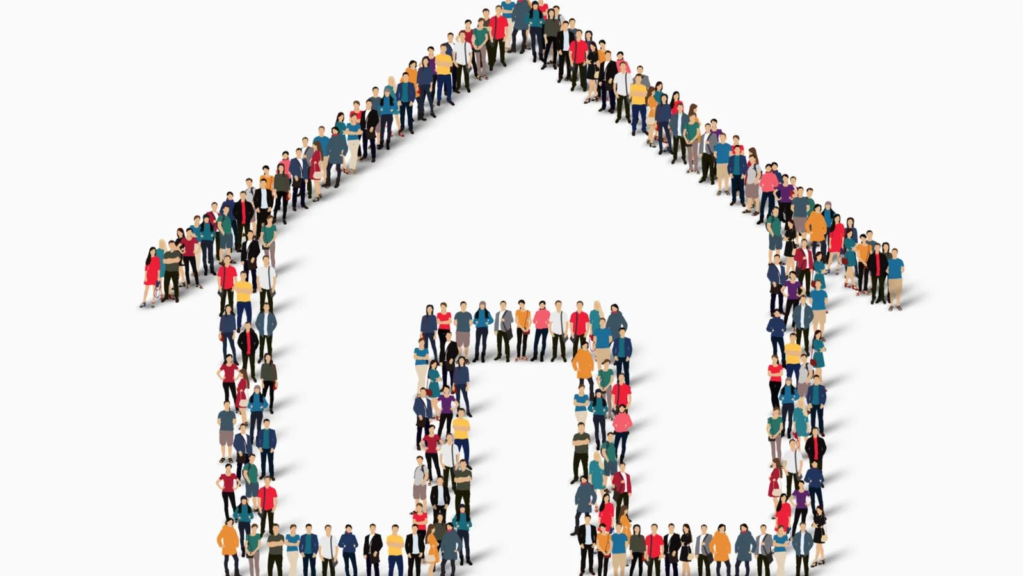
According to recent data, more people and organizations are choosing this option to finance real estate developments and maximize returns on investment, which has led to a significant increase in the value of real estate projects funded through crowdfunding platforms in Nigeria.
Well-finished 4-bedroom Terraced Duplex

7. Increase In The Use Of Sustainable Building Materials
The use of sustainable building materials is expanding in Nigeria’s real estate market. Green building materials are increasingly being used in construction projects by developers as a result of the growing demand for environmentally friendly and energy-efficient homes.
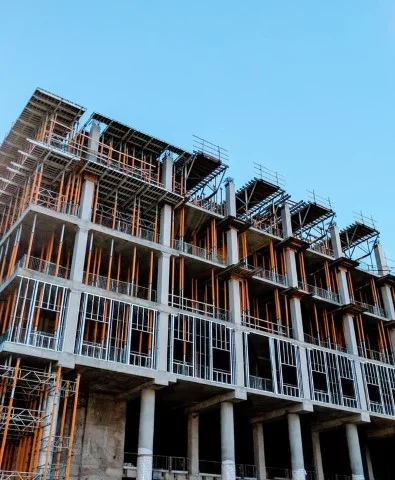
Both the need to lessen the carbon footprint of new construction and the desire to build houses that are affordable to operate and maintain are driving this trend.
More and more sustainable building materials are being used, and this is encouraging innovation in the construction sector. Examples of these materials include bamboo, recycled glass, and low-emission insulation.

Industry reports predict that as more developers adopt green building techniques and as the public becomes more aware of the environmental advantages of eco-friendly homes, the use of sustainable building materials in Nigeria will increase.
Fully furnished 2 bedroom apartment
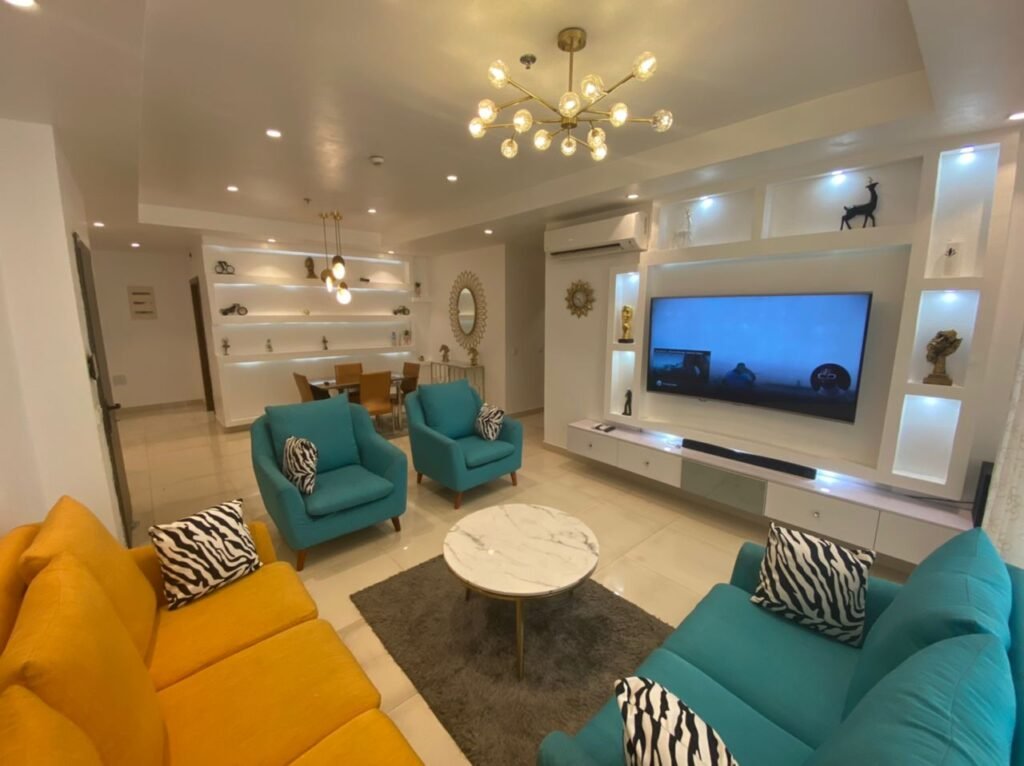
8. The Trend Of Co-Living Spaces
Co-living, also referred to as shared or communal living, has become more and more common in Nigeria in recent years. The rising cost of living, particularly in urban areas, and the need for more affordable housing options are the driving forces behind this trend.
Residents of co-living spaces typically have private bedrooms as well as shared amenities like kitchens, lounges, and recreation areas.

In major cities like Lagos, Abuja, and Port Harcourt, there has been a noticeable increase in the number of co-living spaces, according to data from real estate market research companies. For instance, over the past five years, the number of co-living spaces has increased by over 50% in Lagos.
A diverse range of demographics, including young professionals, students, and retirees, are drawn to this trend. Younger generations seeking more affordable housing options find co-living spaces especially appealing because they provide a sense of community, social interaction, and cost savings.
In Nigeria, the trend of co-living spaces is anticipated to continue expanding due to the country’s rising need for affordable housing and preference for more communal living arrangements.

9. The Trend Of Micro-Living
In Nigeria’s real estate market, the micro-living trend—or small-scale living spaces—is gaining popularity. Numerous factors, such as the high cost of living, expanding urban populations, and a desire for more effective and sustainable living arrangements, are driving this trend.
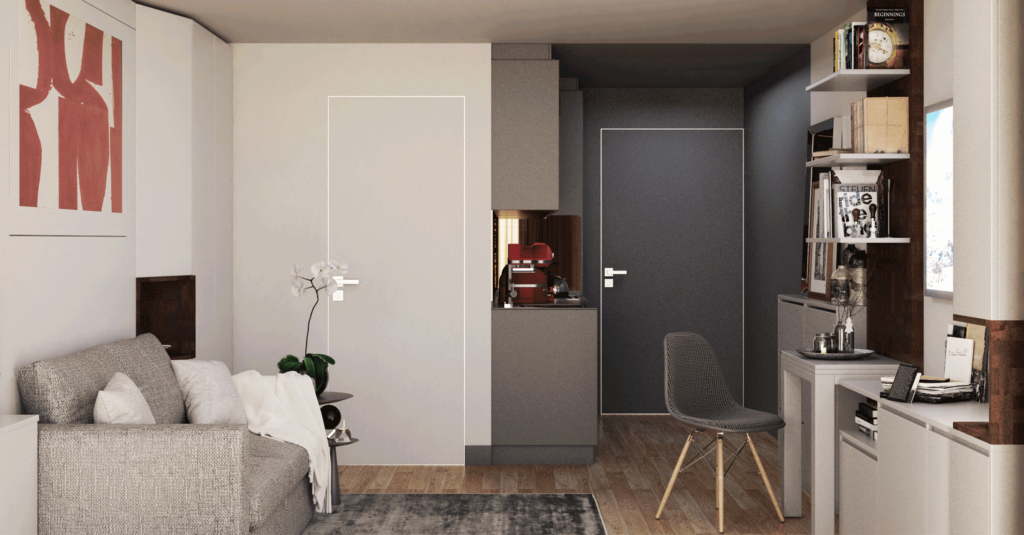
For those who want to live in the city but lack the space or money for a traditional home, micro-living spaces, such as tiny homes, apartments, and co-living spaces, offer an affordable and low-maintenance housing solution.
Despite being typically smaller than traditional homes, these spaces are extremely functional and efficient, with an emphasis on making the most of the available space.
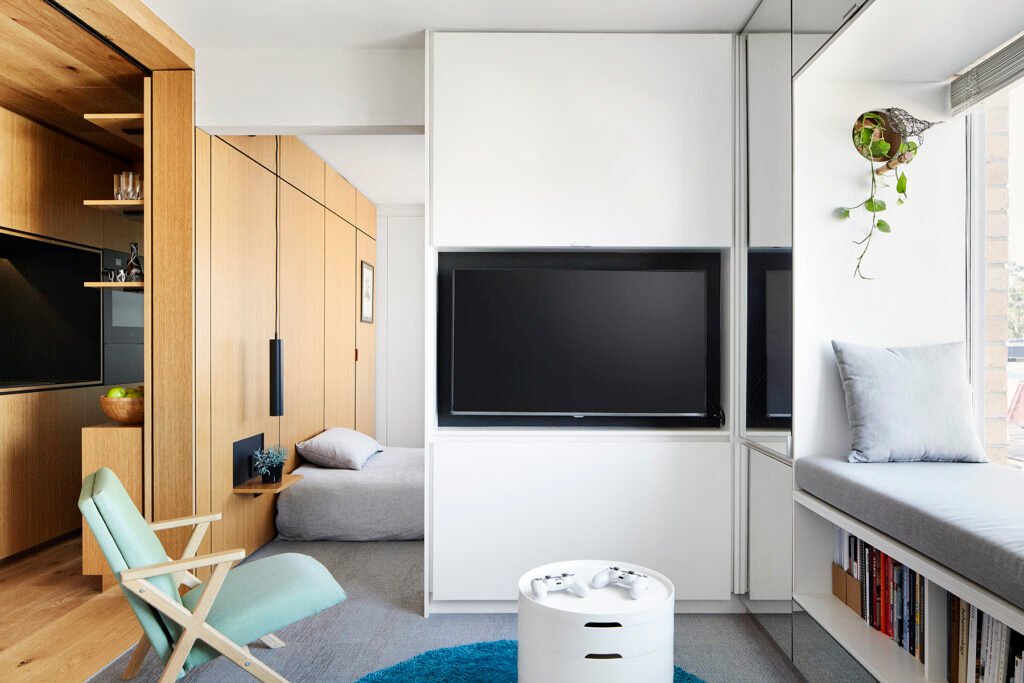
Although specific statistics on the micro-living trend in Nigeria are not yet available, it is widely acknowledged as a growing trend in the real estate market, with an increasing number of developers and builders providing micro-living options to meet the rising demand.
10. The Trend Of Mixed-Use Development
The Nigerian real estate market is seeing an increase in popularity of the mixed-use trend. Buildings and communities that incorporate retail, office, and residential space in one location are part of this trend.
Due to the fact that it provides residents with a practical and effective way of life, this idea is gaining popularity in Nigeria. Additionally, it draws a wide variety of tenants and businesses, providing developers with a profitable investment opportunity.
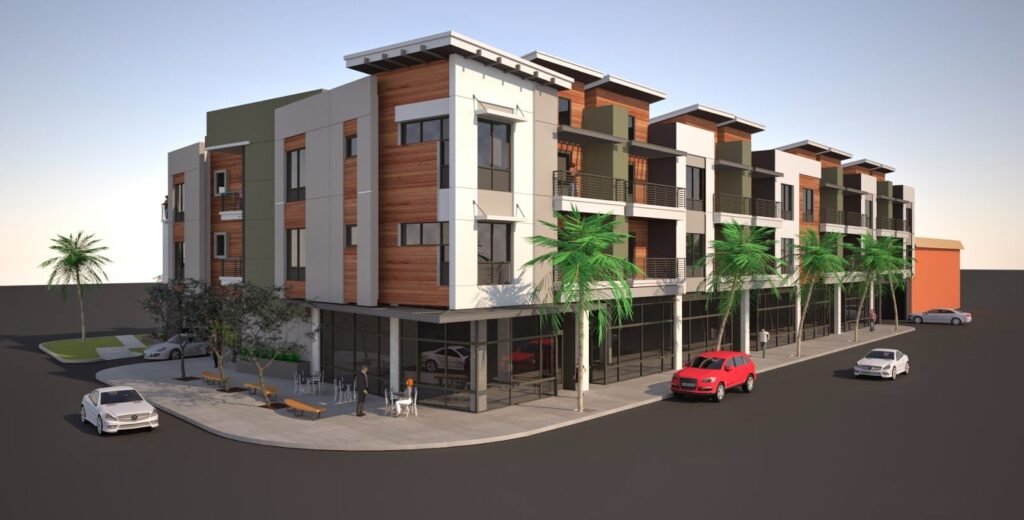
For instance, there has been an increase in the construction of mixed-use communities in Lagos that provide a variety of amenities like retail establishments, business establishments, residential structures, and recreational facilities. Other major cities in Nigeria, like Abuja and Port Harcourt, have also noticed this trend.
The desire to build sustainable, self-sufficient communities as well as the rising demand for more integrated and convenient living spaces are the trends driving mixed-use development.
The trend is also influenced by the need to maximize land use because it enables developers to make the most of constrained urban space by combining various functions in one place.
Conclusion on Real Estate Market Trends in Nigeria
In conclusion, Nigeria’s real estate industry has experienced significant expansion and advancement over the years.
The demand for affordable housing is rising, property prices are rising, the mortgage market is expanding, interest in real estate technology is growing, there is an increase in real estate crowdfunding, and sustainable building materials, co-living spaces, micro-living, and mixed-use developments are all trends that are helping the Nigerian real estate market grow and succeed.
These trends have produced a variety of investment opportunities for both individuals and companies, and it is likely that even more exciting and lucrative opportunities will emerge as the market continues to develop and grow.
Check out our properties here. Future Homes Properties And Investment Ltd – Property Listings (nigeriapropertycentre.com)
More Properties on this site click here>>>> Properties
